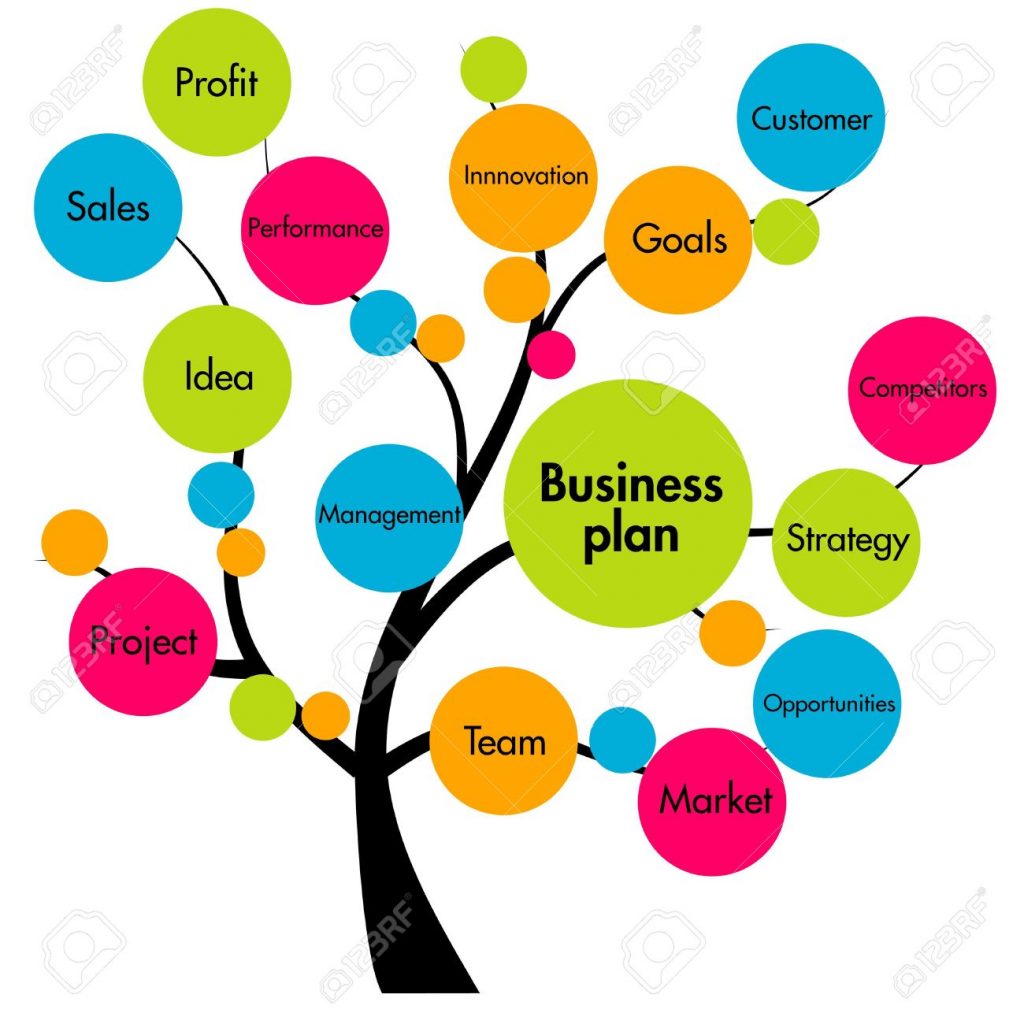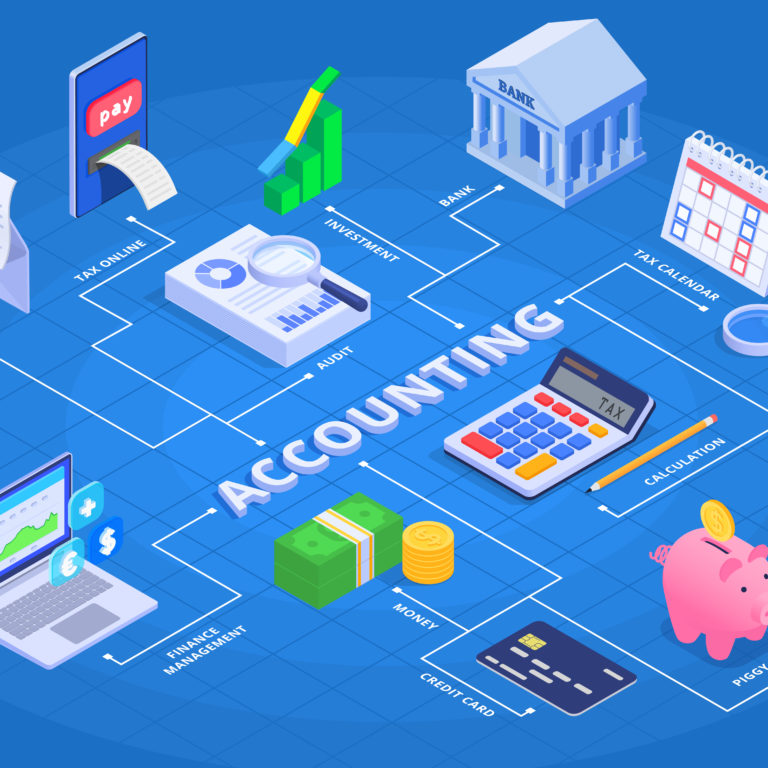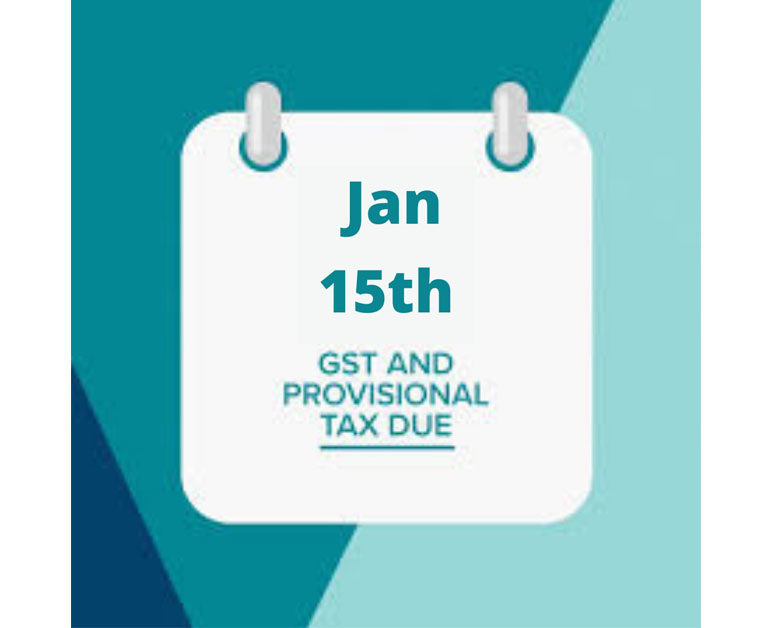Business Planning
When starting a new business it is a good idea to make a business plan. They can also be made when reinventing your business. Your plan should include what you to achieve and how this is going to be done. A business plan sets out milestones that you need to achieve on the way to what you have determined is success for your business. It will make you look at the strengths and weaknesses of your idea as well as addressing any limitations and working out your unique selling point.
If you don’t have a plan, you’re planning to fail. Without a plan, you may be able to start your business but you won’t be able to determine what the future direction for it is or how to achieve it. Business plans are not a set this is what has to happen document, as business changes you need to review your plan and evolve it for the next stage.
1. Your business should address a need.
What gap is your business going to fill and define the problem that your business is going to fill. Once you have determined the problem you will be able to create the solution.
2. Determine who your potential customers will be.
Once you know what the problem and the solution are you will be able to determine where the demand for business will come from and what motivates your customers.
Market research is an option to find out if there will be demand for your product, this is especially relevant if it is for a niche market and why this market would buy specifically from you. I have seen several Facebook posts lately on groups asking whether there would be interest in certain products before starting businesses. This could be a good avenue of feedback for niche markets.
3. Understand your competition
Even if your business is unique, there is always a chance that somebody has a similar business. You need to see what they are doing and how your product or service is better than theirs.
To ensure that you stay ahead you need to keep an eye on the competition. You don’t want to copy what they are doing, you want to be the first.
4. Plan your budgets and cashflow
Before starting your business you should have an idea of your costs for setting up, operating and your future projections. If you are going to spend more than you make, your business will not have a long future.
Take time to make a list of all your expenses. Rent, Insurance, licences and permits etc. As your business grows so will your expenses and startup expenses for equipment, depending on your industry, can be quite large.
5. Make a marketing plan
You will need to work out the best way to market your business that fits best with your industry. The only person going to sell your business is you so ensure you make a plan.
Keep an eye on the latest marketing trends so you don’t miss out on opportunities.
Business planning Tips
- Preparation is key
- Overbudgeting will ensure you are prepared for the unexpected
- Know your Industry and market
- Ensure that you stay on target
Business plans should be simple but achievable and well-thought out. Plans that are too short won’t contain enough information however ones that are too long will be unachievable. They should be just the right length which makes it easy to regularly review. If you are preparing a business plan for the bank this will be far larger and more detailed than the one you would use within your business.
Plans are normally between 1 – 5 pages and should contain no more than 5 KPIs that should meet the SMART Criteria.

See if you have a market for your product or service, you will need to find potential customers and ask them open ended, unbiased questions.
- What they need the product or service for?
- The features that they would need
- What they think of current competitor products or services
- What price they are willing to pay for it
This could be done by asking in relevant Facebook or social media groups as I mentioned earlier or by creating a survey using Google forms or Survey monkey.
Identify opportunities to pivot your business. This has become increasingly important especially with covid as some products and services increased in demand and others decreased dramatically.
A business plan should not be static it should be an ever evolving document that helps to plan out the next stage of your business and the steps that need to be achieved to get to that stage. There are various apps that can help with creating an business plan, read our Business Planning Tools post to find out more.
Free business plan templates can be found at business.govt.nz or on most bank websites. Xero’s one page business template is available in the resources section or they have a multi page template that can be downloaded here.








